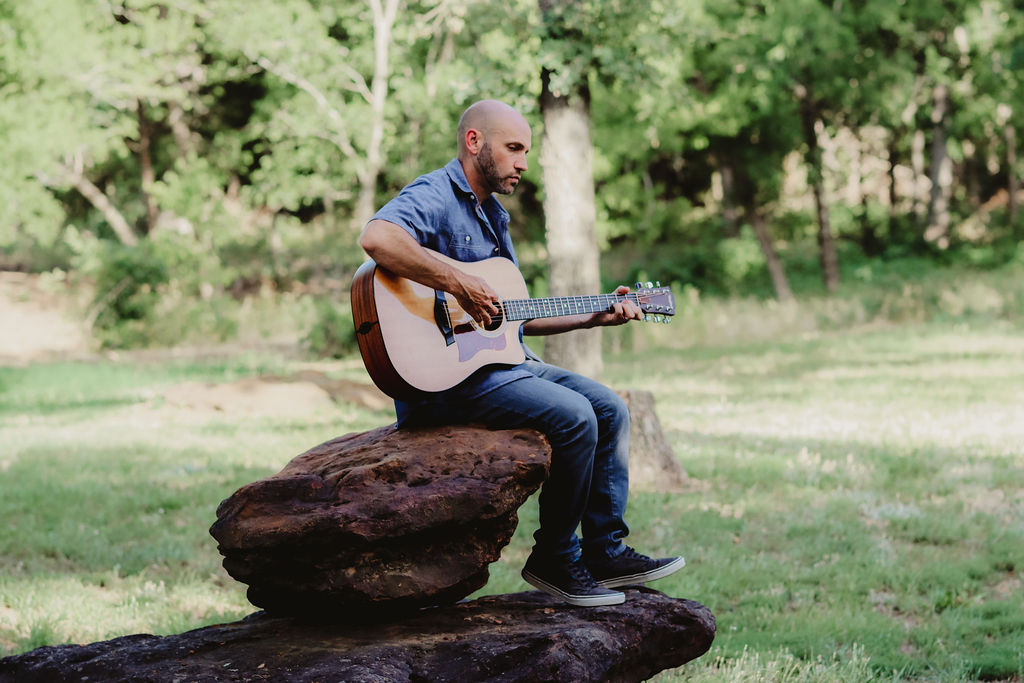Products You May Like
Vividly kaleidoscopic melodies spark “The Pathway,†one of them more instantly satisfying in David Raybuck’s The Prodigal, to life with an effervescence that the singer and songwriter will revisit in “Be Healed†and “Desert Ride,†but that said, there’s something really special about what we’re met with in this experiment in making harmony-powered pop endearing again. There are not a lot of elements in motion in any of these three tracks, and yet together they form what feels like the first movement of an epic symphony.
“Words of the Teacher†keeps the excitement coming at full speed while borrowing a balladic page from a folk-rock of old, and though it’s not quite as catchy as the title track, both songs complement each other’s creative depth exceptionally well. “Long Time Coming†starts like a John Denver song before growing into a retrospective indie pop jam that couldn’t have been crafted anywhere but in this player’s dynamic scene, where Raybuck has been professionally taking off since word of his first album first got leaked out into the indie press. He’s made a lot of upgrades since then, chief among them, to his maxed-out vocal range.
Where we notice his self-control as a singer is in “My Suffering†and “In the Shadow of Your Wings,†which take two opposing directions but eventually come to the same aesthetical conclusion: David Raybuck can croon like nobody’s business when he’s firing on all cylinders. My favorite vocal appearance on The Prodigal is during “Dwell,†and I wish that Raybuck would have included the kind of drive he’s presenting his verses with in this song on more of the tracks here. It could potentially put even more gas in the tank for “Desert Ride,†and if I had my way, I wouldn’t mind hearing a remix of “In the Shadow of Your Wings†with this kind of a concept forwardly in the captain’s chair.
“Why I Sing†and “Abide†didn’t strike me as being particularly grand next to the emotional “Scales,†but the same could probably be said about a handful of the songs we begin the record with as well. Some critics might take issue with the high number of retro folk-rock songs that are on this LP, but I think that it absolutely tells us a lot more about David Raybuck as an artist than hearing strictly moderate, modern material would have. We see exactly what it is he can do well here, and from my perspective, the resulting list is quite impressive.
The Prodigal finds its signature with an operatic string melody in “Hosanna†and before falling back into the silence from which it was able to come roaring out at the initial part of the tracklist, it feels like a piece that needs to be heard a few times to be appreciated. Because of how many tracks are included here (fourteen total), it’s easy to cherry-pick the album all over again upon completion just to relive some of its more poignant moments. David Raybuck has a lot to be proud of in this rookie effort, and for my money, his is one of the better full-length folk-rock releases listeners can expect to obtain in 2022.
Samuel Pratt
